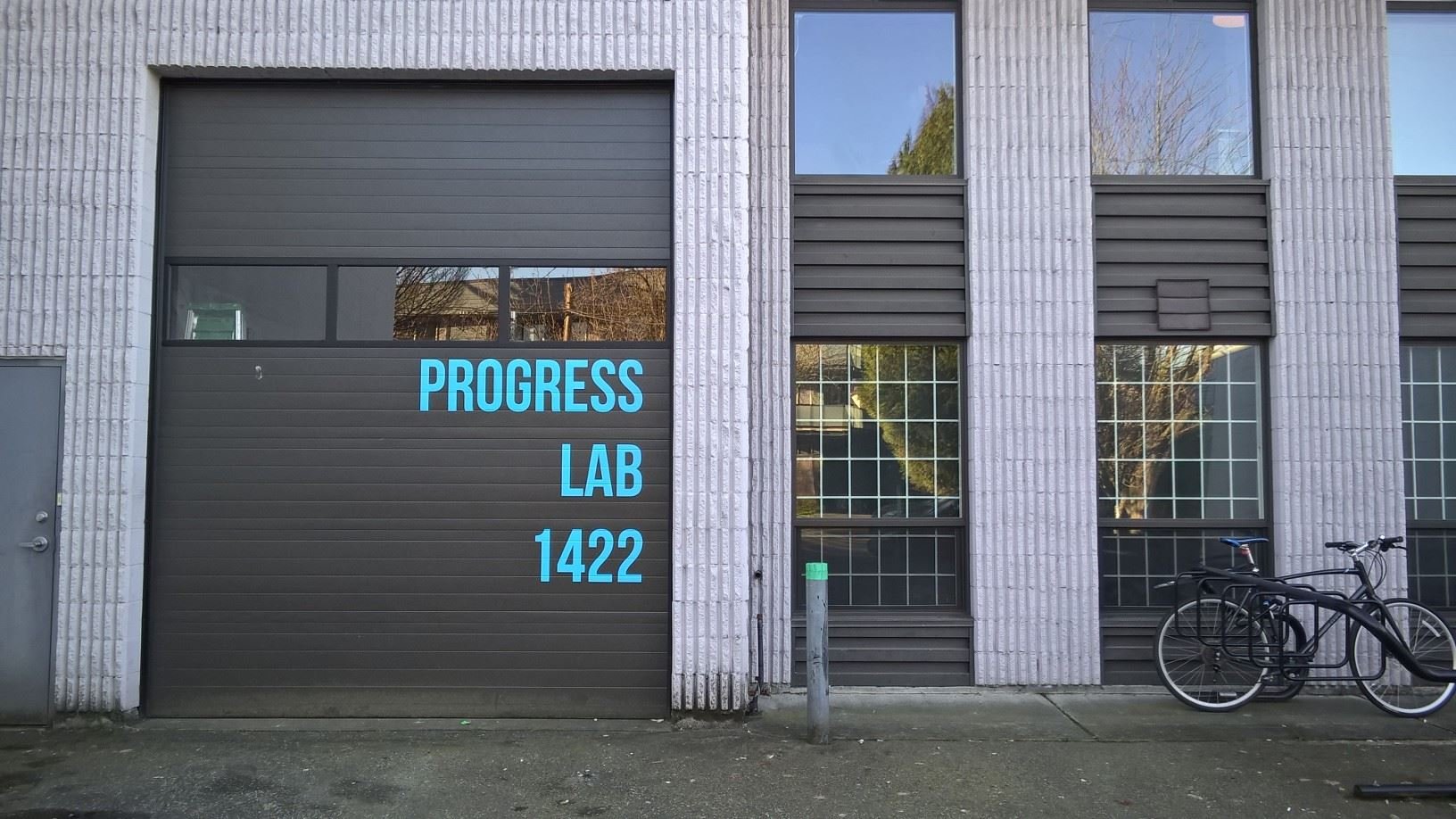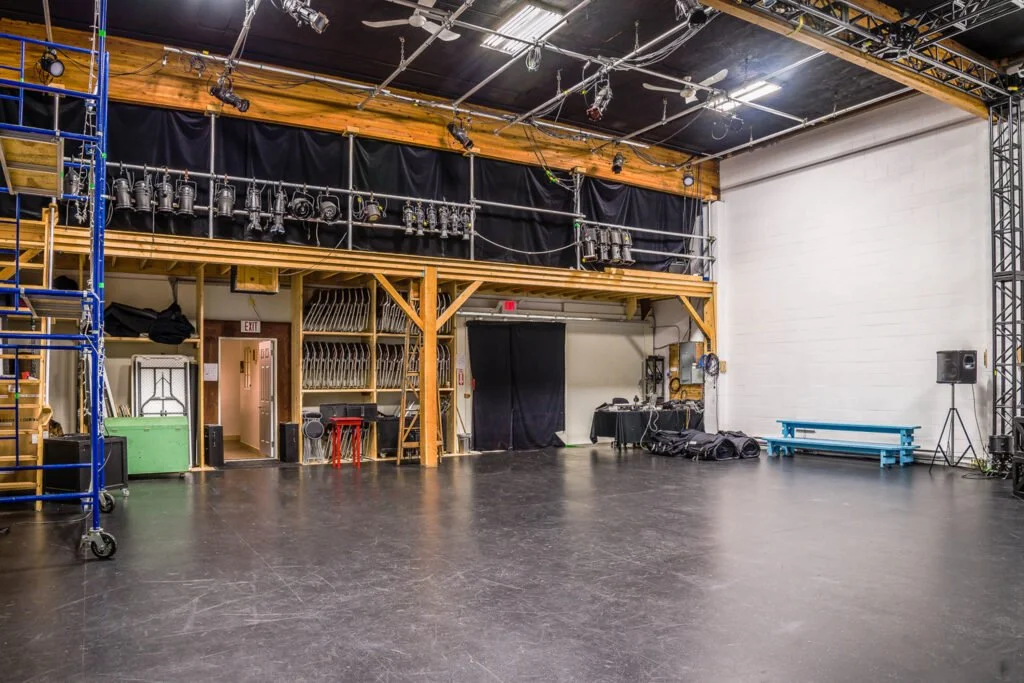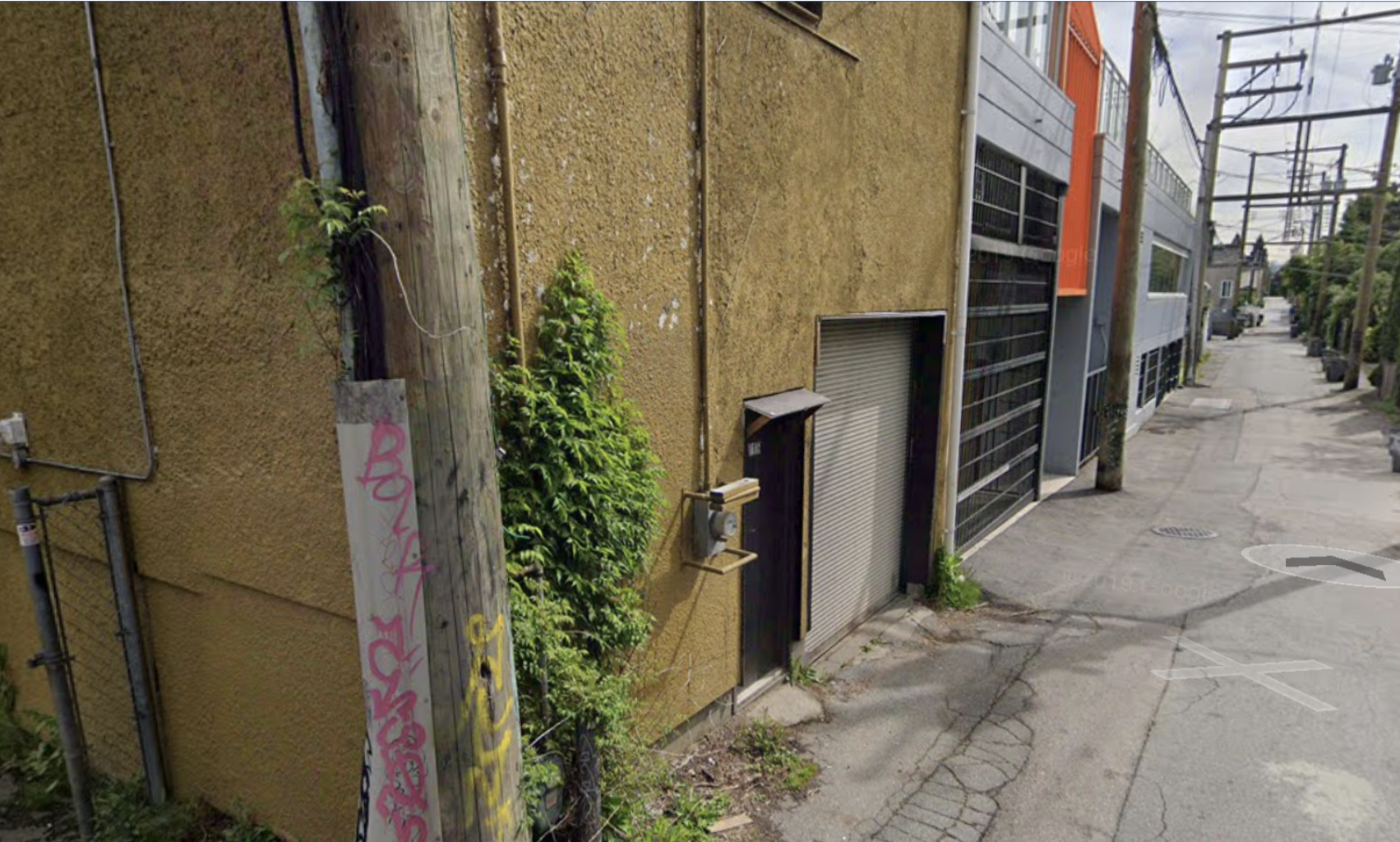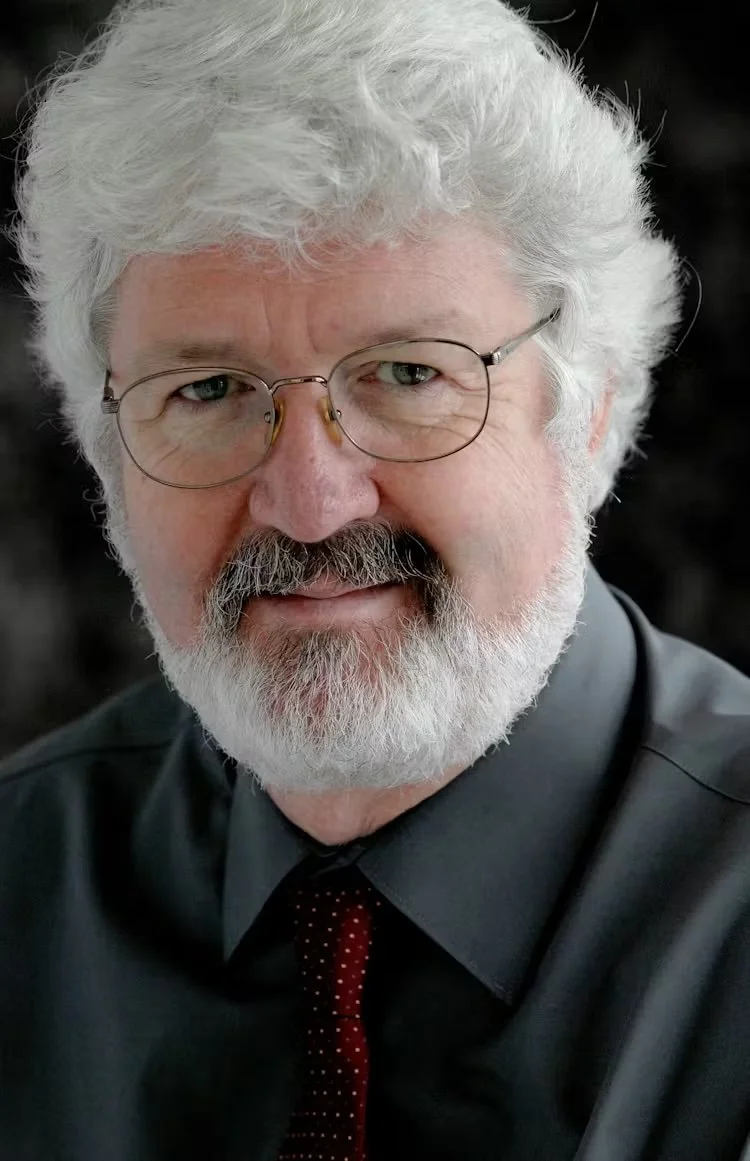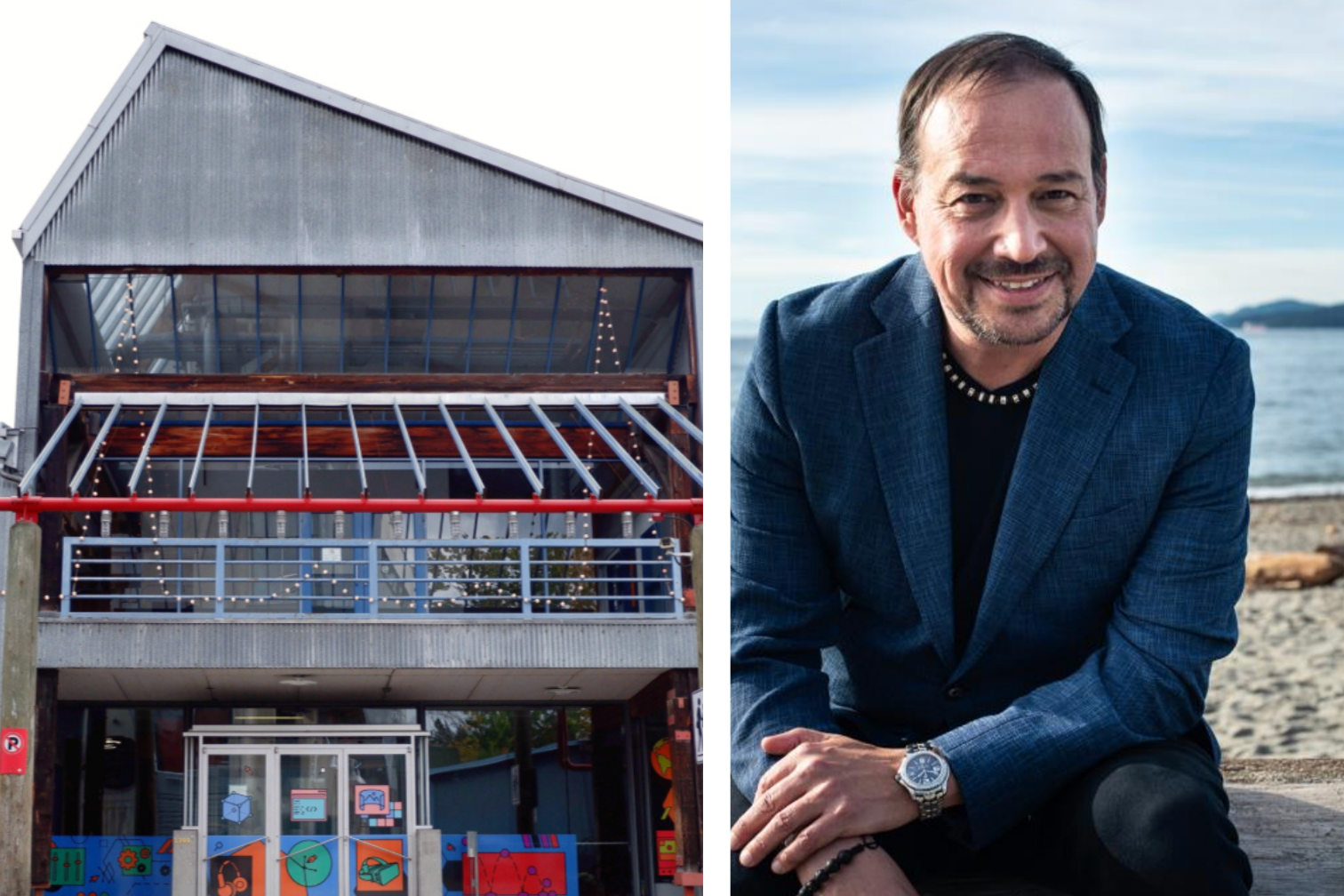Progress Lab 1422 releases Backstage Spaces report calling out web of property-tax and funding struggles
Unique East Side creative home to groups including Neworld Theatre, Electric Company, and Rumble Theatre calls for action on doubling rent, “triple-net lease”, and other issues
William Street’s Progress Lab 1422 houses eight theatre and dance troupes, a large studio where artists can develop productions, and spaces where it will host Rumble Theatre’s Tremors Festival to May 20 and from May 26 to 28.
PROGRESS LAB 1422, an East Van theatre and dance creative hub that’s home to eight companies, has just released a study addressing its ongoing struggles to stay viable.
Called Backstage Spaces: Progress Lab 1422 and the Future of Performance Creation Spaces, the report digs into issues beyond the ever-rising cost per square foot in a city where skyrocketing real estate has put the squeeze on artist space.
Commissioned by C-Space, the nonprofit tenants’ board created to run the building, and prepared by consultant Caitlin Jones, the report highlights the zoning and property-tax issues that have threatened the cooperatively led facility. Progress Lab 1422 saw the doubling of its rent in 2019, and its property-tax bill has risen steeply from $19,866 in 2018 to $29,500 in 2022.
Backstage Spaces also points to funding gaps that have prevented the unique facility from accessing ongoing government funding to operate the building, because the body that administers PL1422 doesn’t program shows itself: “As a non-profit space provider C-Space is currently ineligible for most operating funding streams.”
The challenges need urgent addressing by policymakers and stakeholders, the group says, because Progress Lab faces renewing its lease again in one-and-a-half years. There is no single solution, Jones explains.
“What C-Space is bringing to the table here is all the issues that exist,” the consultant says in a conference call with C-Space board president Alen Dominguez, the new managing director at Neworld Theatre. “It’s really trying to understand the web of conditions that make this so challenging.”
Jones points out that nonprofit groups and different levels of government have studied the loss of artist space in Vancouver extensively over the past decade—including the City’s pre-pandemic Making Space for Arts and Culture—a “longterm vision” to develop affordable arts spaces.
“The City is well aware of these problems, as is the Province, as is the Federal Government. We’re trying to say: You see us, you recognize the issues,” Jones says. “Major action needs to be taken in order for these things to survive. We've been talking about these issues for a long time now and the time for action is upon us because C-Space has this very real deadline. We're just trying to really make the case that dramatic moves are necessary in terms of change in policy, allowing organizations to access more funds to secure their tenancies and their futures.”
Progress Lab 1422 is a 7,000-square-foot facility that was founded in 2012 on William Street, in an old garment factory off the Drive, as a shared space for creation and development of performance works across theatre and dance. Cofounders Neworld, Rumble Theatre, and Electric Company Theatre remain (another cofounder, Boca Del Lupo has moved to Granville Island), now joined by Playwrights Theatre Centre, rice & beans, Company 605, Tara Cheyenne Dance, and Theatre Conspiracy.
The facility contains a spacious studio with a mezzanine and sprung floor, a light-duty workshop, production storage, kitchen facilities, administrative centres, and more. It’s served as development space for critically acclaimed shows from Electric Company Theatre’s An Undeveloped Sound to Neworld Theatre’s Clean/Espejos, and it’s hosted events including Rumble’s popular outdoor New Creation Cabaret during the pandemic and that company’s experimental Tremors Festival, which happens this and next weekend.
Multiple companies have used Progress Lab 1422’s big studio to develop productions over more than a decade.
Neworld’s Dominguez says the benefits of the hub go beyond the creative works that have grown out of the space: it’s created a thriving community of arts organizations that support and inspire each other.
“There’s a nice food garden that is run by [theatre artist] Laara Sadiq and provides a bit of shade and a bit of food throughout the summer months,” he says, describing the eclectic atmosphere of the space. “On the bottom floor you can find Playwright’s Theatre Centre with a beautiful library; upstairs at Neworld Theatre we commissioned a mural artist to do our wall. ECT is an institution with their big marquee on the wall….There’s a kitchen that has functioned as a bar. You can find hundreds of people come through the door to festivals like Tremors this weekend. And then the pièce de la resistance is the big studio.
“There’s no place like that in the country,” he adds. “When people visit from out East and Toronto, they can’t believe that we can create onsite like that.”
The Backstage Spaces report echoes the Eastside Culture Crawl Society’s 2019 study A City Without Art?, which highlighted the loss of visual-arts-making space—to the tune of about 400,000 square feet of studio space across the East Side.
Progress Lab faces some of the same challenges as those artists, in that it is subject to a triple-net lease—in which landowners charge tenants a base square foot amount, plus building operating and maintenance costs, including rising property taxes.
Adding to that cost is the fact that the Province of BC employs a property-tax principle known as “highest and best use”: the amount is set to the highest redevelopment potential a site has—not to its current use.
The new Backstage Spaces report advocates for property-tax relief for arts tenants. C-Space held out hope when, on February 24, Vancouver City staff recommended to City Council the Development Potential Relief Program (DPRP)—a five-year pilot project to alleviate the negative impacts of high property taxes on small businesses, nonprofits, and artists. But in a recent development documented by Backstage Spaces, C-Space and PL1422, as well as the majority of other impacted cultural spaces in the City, were deemed ineligible for that program when it was finally established in March.
“To have been deemed ineligible for property tax relief has been a major blow to C-Space and puts into question if City staff and Council have a clear understanding of the urgency of the situation,” the report laments.
“We’ve been advocating and we've been told there's stuff happening, and a huge mobilization of BC Assessment working with the City, the City’s finance department working with the BIAs and cultural department to come up with a pilot for property-tax relief—and then it comes down and it doesn’t actually help or work,” Jones says.
Backstage Spaces recommends expanding eligibility for the pilot program; rethinking the triple-net and highest and best approaches to property tax; or instituting a City “Grant Back” program in which eligible building tenants could apply for a grant to cover all or a portion of the land owner’s property taxes.
Tied into the taxation are the zoning regulations that dictate property use, Jones explains. “The codes that they use to make these delineations are very out of date. The C-Space building is classified as a warehouse or something, but obviously hasn’t functioned as a warehouse for well over 10 years,” she says. “Again, it’s another bureaucratic complication. And there are a lot of bureaucratic complications.”
The Backstage Spaces report cites the City of London’s “London Creative Enterprise Zones” program as an example of new ways to support and expand affordable spaces in cultural areas of a city.
The report states: “Despite clear research and recommendations from multiple stakeholders and leaders, constant advocacy from the community and internal leadership from the Cultural Services department (zoning challenges and solutions are stated clearly in Making Space for Arts and Culture), zoning and regulatory restrictions continue to be a huge barrier to cultural space development and preservation in these critical areas.”
Intertwined is another risk factor that’s looming on the horizon for Progress Lab 1422: development connected to the False Creek Flats Plan, the Broadway Plan, and Grandview-Woodland Community Plan threaten to hike property values even more in the facility's neighbourhood.
That backdrop, the sheer complexity of the overlapping bureaucratic challenges, and the lack of movement on the issues on a political level are disheartening. But C-Space is trying to focus on the positive as it launches the report tonight as part of the Tremors Festival at the site.
“The hope with that event is to invite people who have seen a show or been involved in any sort of piece in the space to learn about the report so they can help us advocate for more action,” Dominguez says. “After that, using the collaborative, values-forward approach we have developed, we’ll be embarking on a new vision of what a new lease could look like, what a new space could look like, or looking at a new operating model could look like altogether.”
“I do like that this is being launched within a festival. The energy feels positive to me to embed the changes within these homegrown creative solutions,” Jones adds, “and that it’s not just a doom-and-gloom report.”


